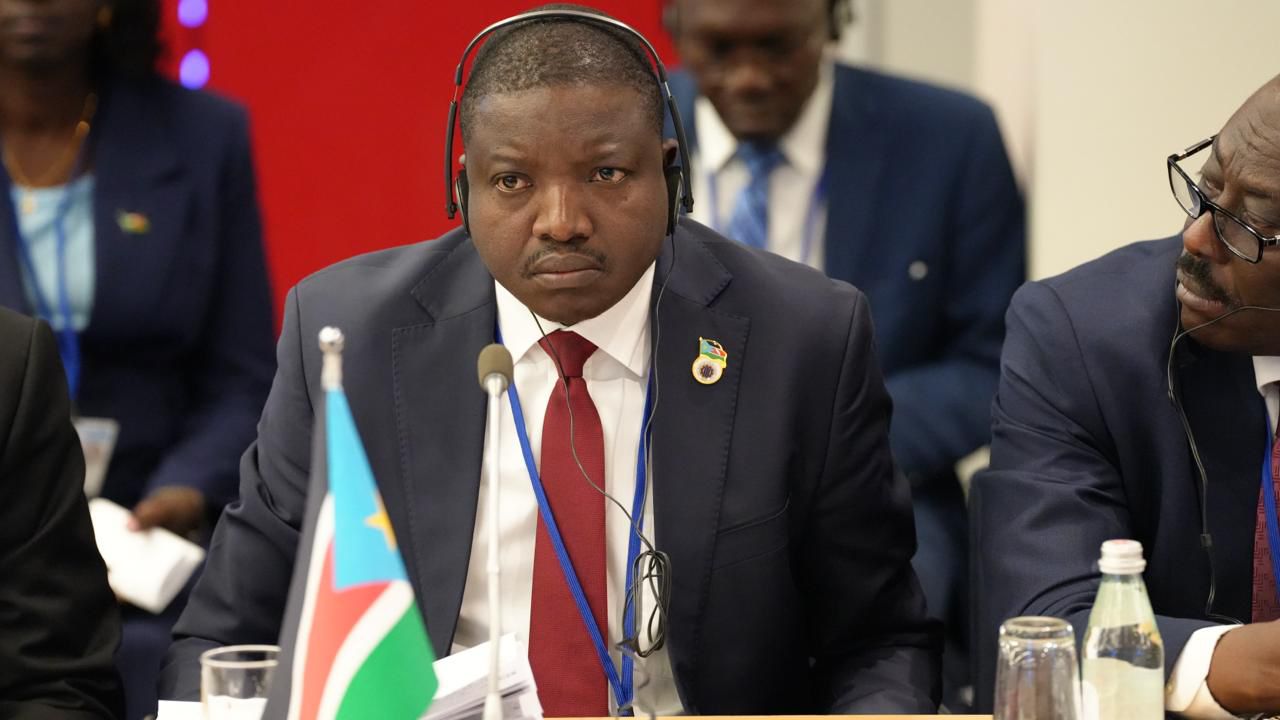Calls to reform the global financial architecture dominated the just concluded annual meetings of the International Monetary Fund and the World Bank.
The chair of the East African Monetary Affairs Committee who is also the governor of the Bank of South Sudan Dr. James Alic Garang says increasing African representation of the BWIs will lead to fairer and more effective decision-making, besides greater accountability.
During the meeting held in Washington DC, the World Bank announced new changes to its internal lending guidelines, which if implemented will see an increase of more than $30 billion in lending capacity over the next decade.
The additional funding will go towards supporting developing countries and emerging markets in addressing climate change and other global challenges according to the bank.
Dr. Garang has also lauded the decision by the Fund to add a 25th seat, to represent Africa at the IMFC and Executive Board.
“In addition, the IMF endeavours to hire highly qualified African professionals, particularly, to enhance representation and diversity. These steps are a positive move towards ensuring fair representation for Africa and other under-represented regions” Dr Garang has said.
During the meeting that brought together finance ministers and Central Bank Governors, the Washington-based lenders said half of the countries in sub‑Saharan Africa have programs with the Fund which are aimed at bringing capacity development and growth.
The board has 24 members representing 190 countries. Africa’s new seat is expected to be effected from the 1st of November 2024.
Dr Garang adds that reforming the global financial architecture will help developing countries channel more resources towards other pressing needs like healthcare, education and sanitation services.
Dr Garang further adds that, in the last 10 years, developing countries have experienced a 64 per cent rise in interest payments, with Africa seeing an alarming 132 per cent jump.
Experts say this is having detrimental effects on spending on education, healthcare, and broader productive investment.
Spending on repaying debts among poor countries has tripled from $20 billion in 2010 to $60 billion in 2020 and the figure is expected to double by 2035.
Article by O’brien Kimani, Business Editor




